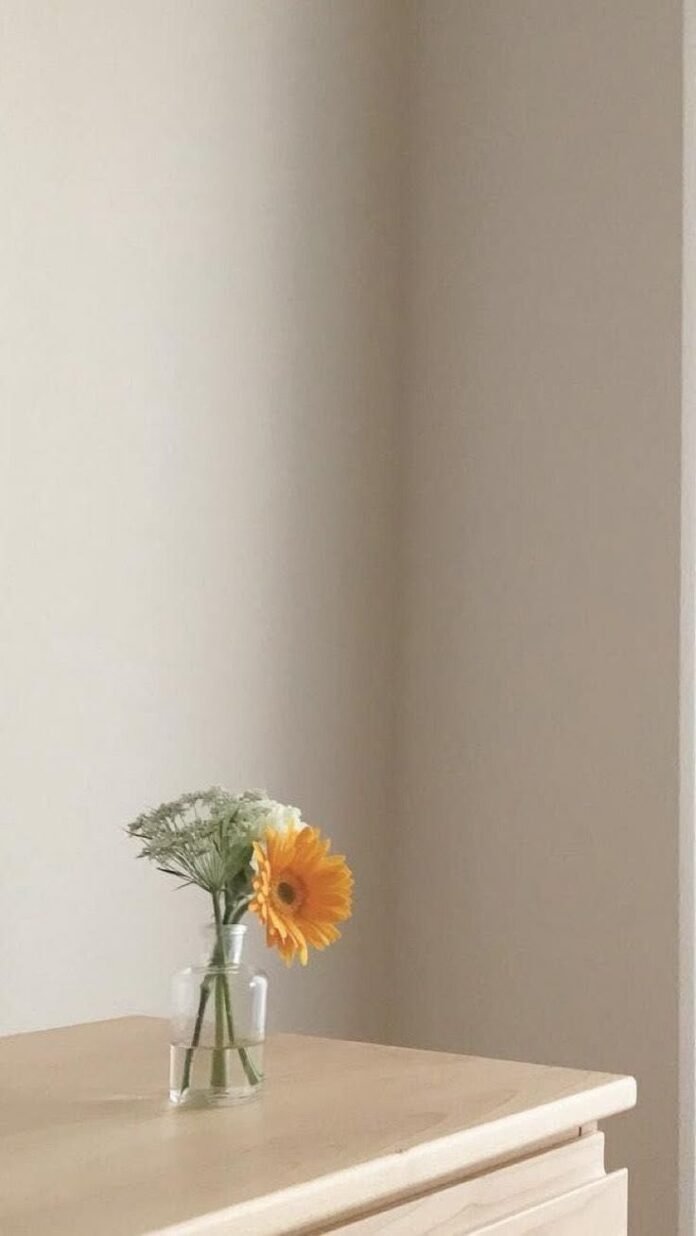In a fast-paced world where excess is normalized, the benefits of minimalist living offer a refreshing alternative. From improving mental health to saving money and creating sustainable homes, minimalism isn’t just a design trend—it’s a lifestyle revolution.
Whether you’re seeking peace of mind or better financial habits, embracing minimalist living can transform how you think, live, and thrive.
Mental Clarity Through Simplicity
A major benefit of minimalist living is mental clarity. Reducing visual and physical clutter lowers stress, improves focus, and creates space for creativity. According to a study from UCLA, cluttered homes spike cortisol levels, especially in women.
By embracing a simpler home environment, your brain has fewer distractions, improving both emotional regulation and sleep.
Financial Benefits of Minimalist Living
The financial benefits of minimalist living are undeniable. When you stop buying what you don’t truly need, your bank account breathes easier. This lifestyle promotes budgeting, conscious spending, and long-term savings.
Check out related article on budgeting habits inspired by minimalism for real-life tips on aligning finances with minimalist values.
Minimalism isn’t about frugality—it’s about prioritizing value and eliminating wasteful purchases. According to the Consumer Financial Protection Bureau, financial stress is a top contributor to anxiety—making minimalist habits a healthy financial choice.
A Home That Heals, Not Hurts
When it comes to your space, less clutter equals less chaos. The benefits of minimalist living include cleaner, more peaceful homes with reduced allergens and more functional space.
Families often find that minimalist homes support better routines and more connection.
Time: A Precious Resource Recovered
Minimalism helps you reclaim your most valuable asset: time. Without constant tidying, shopping, or decision fatigue, your schedule opens up for meaningful activities like rest, relationships, and creativity.
As author Greg McKeown explains in Essentialism, “If you don’t prioritize your life, someone else will.” The benefits of minimalist living lie in the power to choose how you spend your time.
Minimalism and Sustainable Living
The environmental benefits of minimalist living can’t be overstated. By reducing consumption, you directly reduce waste and lower your carbon footprint. Choosing to reuse, repurpose, or simply do without is a powerful form of activism.
According to the EPA, household waste reduction starts with purchasing fewer items. Minimalism helps achieve that goal naturally.
Decluttering the Digital Space
Digital clutter can be just as draining as physical mess. One of the newer benefits of minimalist living is digital minimalism—a growing movement that encourages conscious screen time, fewer apps, and decluttered inboxes.
For example, the book Digital Minimalism by Cal Newport explains how trimming digital distractions can help restore your attention span and mental energy.
Minimalism for Families and Children
Families often fear minimalism means denying children joy—but the opposite is true. Fewer toys mean more creativity, and organized spaces help kids develop focus. The benefits of minimalist living extend into better routines, fewer arguments, and stronger family bonds.
The Emotional Benefits of Letting Go
Letting go of excess helps you make space for what matters—emotionally and physically. Studies show that decluttering can help release emotional baggage tied to guilt, anxiety, or the pressure to keep up with others.
Minimalism, at its core, is about emotional clarity. It’s a statement: “I have enough. I am enough.”
This mindset can lead to more gratitude and joy in everyday life—one of the most powerful benefits of minimalist living.
Common Misconceptions About Minimalism
Many people misunderstand minimalism as a restrictive or joyless lifestyle. In truth, it’s about conscious abundance—not scarcity. You can still enjoy art, fashion, or technology. Minimalism simply asks: “Is this essential to my purpose or peace?”
Minimalism isn’t about owning the fewest things possible—it’s about owning only what adds genuine value to your life.
Cultural and Global Perspectives on Minimalist Living
Across the world, cultures have long embraced minimalist principles. From Japanese Zen philosophy to Swedish Lagom, simplicity is often associated with harmony and balance. These global practices teach us that less is more—and more sustainable.
The rise of Scandinavian design and Japanese decluttering philosophies, popularized by Marie Kondo, have shown how minimalist values align with joy, gratitude, and longevity.
READ MORE : Skills to Succeed in the Digital Economy: Top 10 for 2025
Begin Your Minimalist Journey Now
The benefits of minimalist living touch every part of your life—mental health, money, time, relationships, and the environment. Whether you start with your closet, your calendar, or your digital habits, the results are transformational.
Minimalism offers the opportunity to focus on what truly matters: meaningful relationships, creativity, peace of mind, and a sustainable future.
You don’t need to become a monk. Just begin. Start by decluttering one space or unsubscribing from five emails. These small steps are where big change begins.
It’s not a destination but a journey—and every step toward simplicity brings you closer to a life designed with purpose.

